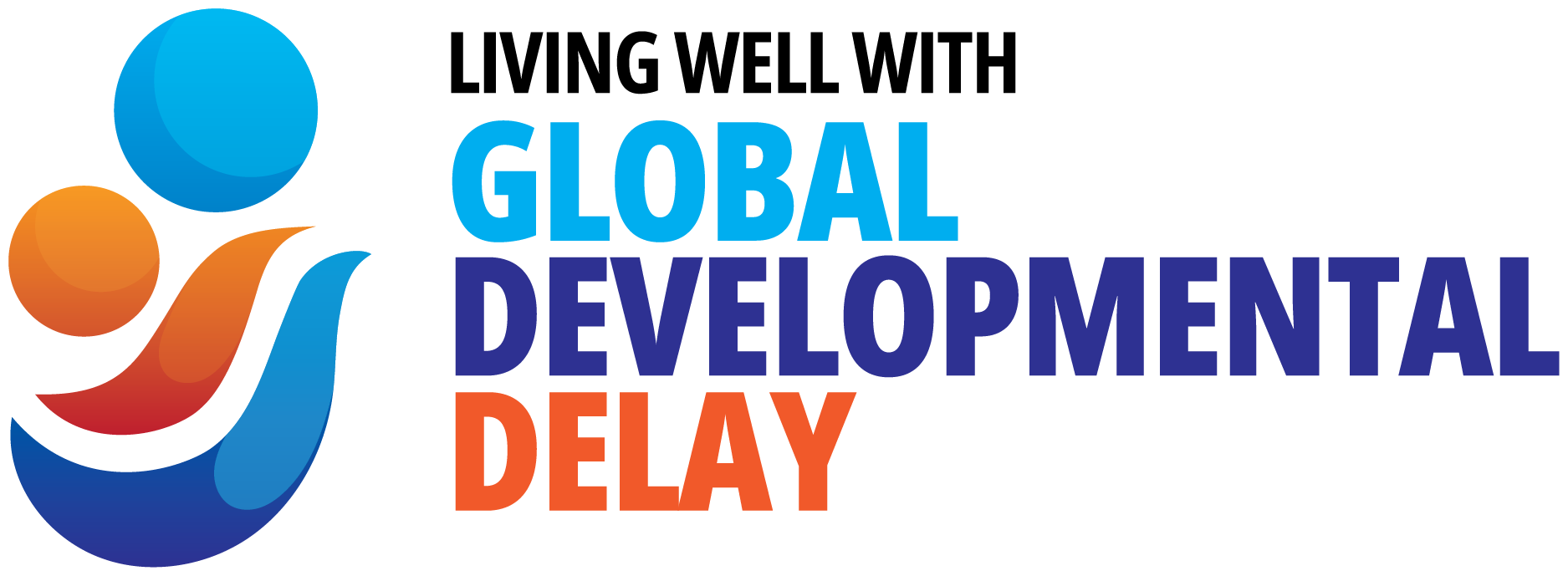- Children benefit from playing and learning with other children
- Playgroups provide the opportunity for children to develop their physical, emotional, social and language skills
- Playgroups help parents and carers to socialise, learn and support each other
Tip Sheet 6: Early childhood services – Playgroups
Key Message

What are the early children’s services where children play and learn?
All children benefit from playing and learning with other children. One place this occurs is in children’s services. The services available to all children before going to school include:
- Playgroups
- Child Care
- Kindergarten or Preschool.
Every child and every family is different. Your feelings as you take the journey from noticing your child may have a delay, to diagnosis, and beyond may also be different from that of other parents. There is no right or wrong way to feel.
What are Playgroups?
Playgroups are for babies, toddlers and preschoolers (aged 0-5 years). Parents, grandparents and caregivers and their children meet. Children have the space to learn through play. Each adult is responsible for looking after their own child. Playgroups are low cost.
Playgroups help children to develop. A population-wide Australian study found that children who attend playgroup in early childhood had significantly better child development when they start school. (1) The most gains were made in language, cognitive and communication skills.
Adults meet other people going through similar experiences. They can find out about the local community and services. Playgroups also reduce isolation.
Why is Playgroup important?
For children Playgroup provides the chance to:
- Play with other children and have fun
- Develop their physical, emotional, social and language skills
Parents and carers have the chance to:
- Socialise, create local friends and social networks
- Learn parenting skills
- Seek emotional support from one another
If you feel distressed thinking and reading about this topic,
talk to your GP or health professional. You can also call Lifeline on 131 114.
How are Playgroups run?
Some Playgroups are run by the adults in the group and some have more support. Here are some examples of different types of Playgroups. The names may vary across Australia.
- Community playgroups are run by the adults who attend the playgroup. They manage and organise it. Someone might volunteer to lead the Playgroup. Those attending might take turns in doing different duties.
- Facilitated Playgroups have a person whose role is to plan and run the playgroup. This might include bringing materials, setting up and packing up the Playgroup. The facilitator may be paid or unpaid.
- Supported Playgroups are led by a paid coordinator or facilitator. They work for an organisation and have a specific professional background. These playgroups provide extra support for families. This includes parenting or supporting a child’s development.
How do I choose a Playgroup?
- Community Playgroups are the most common and are for children from babies up to 5 years old.
- Mother-Baby Playgroups support mothers and their babies through the early months of parenthood.
- Specific ages groups focus on a particular age group. These might be for 1 year olds, toddlers or 3 years +. Activities suit the learning and development of particular skills.
- Fathers can and do attend community playgroups. Some choose to join a father’s group.
- There are Playgroups for people from a particular cultural and linguistic background. This allows families to meet and share parenting experiences within the context of their culture. They may use a language other than English.
- Intergenerational groups bring together babies, toddlers, parents, carers and older people. They build relationships across generations. The people who attend don’t have to be related. Some groups occur in aged care settings. These include residential care, retirement villages and community-based seniors centres.
- LGBTQIA+ Playgroups support lesbian, gay, bisexual, transgender, and intersex + (LGBTQIA+) parents and caregivers.
Are there supported Playgroups for children with developmental or global developmental delay?
You may want to consider a Playgroup for children with additional needs.
Here are two examples.
MyTime groups are for all parents and family carers of children who need a higher level of care. This might be a developmental delay, disability or chronic medical condition. To find out more go to: http://mytime.net.au/
PlayConnect is for children on the Autism Spectrum or who have a developmental delay or behaviours of concern. They support the family. There are over 40 groups across Australia for children aged 0 to 5 years. To find out more go to https://www.playconnect.com.au/
How do I find a Playgroup near me?
Contact https://playgroupaustralia.org.au/our-state-organisations/
Gregory, T., Harman-Smith, Y., Sincovich, A., Wilson, A., & Brinkman, S. (2016). It takes a village to raise a child: The influence and impact of playgroups across Australia. Telethon Kids Institute, South Australia. ISBN 978-0-9876002-4-0.
Williams, K., Berthelsen, D., Nicholson, J., & Viviani, M. (2015). Systematic literature review: Research on supported playgroups. Queensland University of Technology, Australia.
